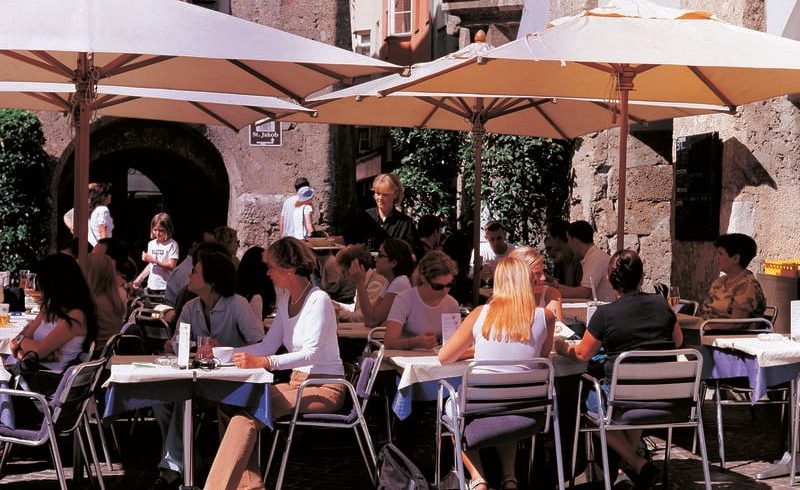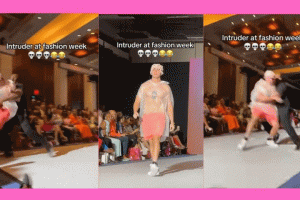
A recent TikTok video has sparked a heated cultural debate online after three American tourists were criticized for dining too early while traveling in Porto, Portugal. Posted by TikTok user @black_sherlock, the video shows the group eating dinner at 6 p.m. in a mostly empty restaurant. The calm atmosphere and lack of other diners immediately drew the attention of European viewers, many of whom flooded the comment section with criticism, calling the behavior “typical tourist stuff.”

According to the New York Post, many European users were quick to point out that locals in Portugal—and much of Europe—do not eat dinner so early. One Italian commenter sarcastically noted, “In Italy, the only place serving dinner at 6 p.m. is the hospital!” Others piled on, criticizing not just the early mealtime, but also perceived American habits, such as speaking loudly in public or lacking social etiquette. Some users claimed Americans don’t understand the “aesthetic of life” that Europeans value, stating that their pace and cultural customs clash with the local way of living.

However, not everyone was critical. Some Nordic users defended the Americans, with one commenter joking, “You just haven’t met Finns—we eat around that time too!”
In response, many American users fired back, expressing confusion about why Europeans eat so late. “I don’t want to eat just a few hours before bed,” one user wrote. Others emphasized that cultural differences don’t make one way better than the other—just different.
This incident is not the first time Americans have faced backlash in Europe over cultural misunderstandings. In another case, an American influencer attempted to mimic European table manners by keeping their fork and knife in the same hands during a meal, only to be accused of being pretentious. Some even criticized the American “zigzag” method of eating—cutting food with the fork in the left hand and switching hands to eat—as being more unpleasant. One user even remarked that the entire scene was “worse than nails down a chalkboard.”
The debate highlights ongoing tensions between American and European lifestyles, particularly when it comes to food culture, etiquette, and daily rhythms.






